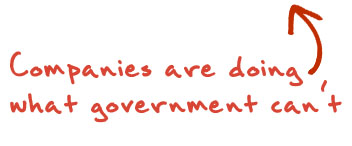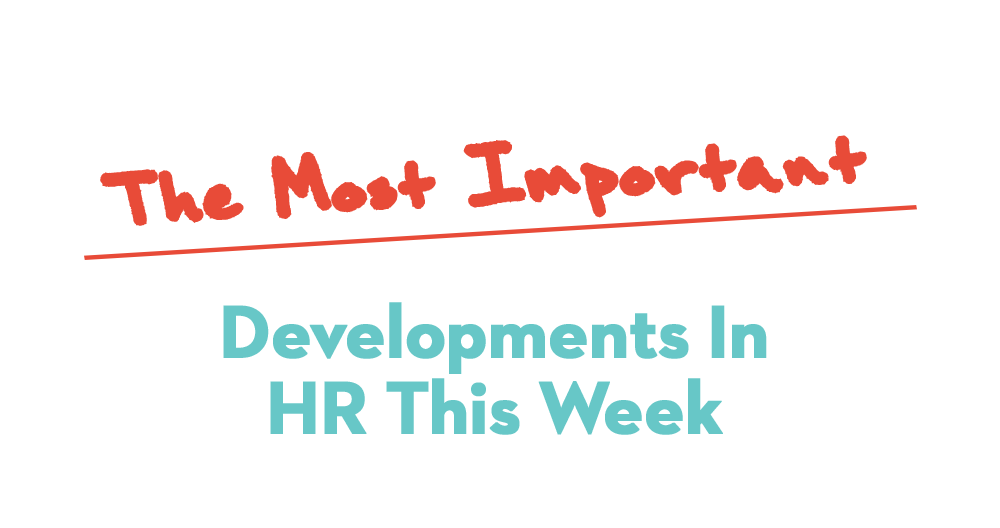
Traditional pensions are disappearing in America, and the federal government just made it easier for employers to get rid of them. With no fanfare in early March, the Treasury Department issued a notice that allows employers to buy out current retirees from their pensions with a one-time lump sum payment. The decision reverses Obama-era guidance, issued in 2015, that had effectively banned the practice after officials determined that lump-sum payments often shortchanged seniors. Now, advocates for the elderly worry that millions of people receiving monthly pension checks could be at risk. CNN


Trans workers face widespread discrimination. The Supreme Court may soon decide whether they’re protected. It revolves around the case of Aimee Stephens, who was fired after she told her boss (who knew her as a man) that she planned to begin living life as a trans woman. The dismissal set events in motion that could define trans employees’ rights in the U.S. At issue is whether the Civil Rights Act of 1964, which bans discrimination on the basis of sex, also prohibits companies from firing people because they’re trans. Under the Obama administration, both the DOJ and the EEOC said it does. Under President Trump, the Justice Department has reversed its position on protections for trans workers, and with conservatives holding a 5–4 majority on the nation’s highest court, LGBTQ advocates worry that the court will agree to take up the case and wipe out their lower-court victories. Bloomberg


The National Federation of Independent Business (NFIB), an advocacy organization for small businesses, criticized predictive scheduling laws in a statement Monday. NFIB said that since these laws generally require employers to provide schedules weeks in advance — which is unrealistic or impossible for small business, it said — owners have limited control over their business needs and scheduling decisions. NFIB cited additional problems with predictive scheduling laws facing small businesses: having to pay fines or compensate workers for changing or canceling shifts; needing to take on compliance burdens (especially for small organizations that lack an HR or accounting department); and being unable to adjust to market changes, bad weather conditions, or other demands beyond their control. NFIB also said the laws prevent employees from picking up extra work hours or asking for unanticipated time off on the spot. HR Dive


As students use artificial intelligence (AI) in their everyday lives, schools are integrating study of the technology into curricula across subjects to prepare them for future jobs. “These are early days for AI education in K-12,” says David Touretzky, an AI researcher at Carnegie Mellon University in Pennsylvania and the leader of AI4K12, a working group from the Computer Science Teachers Association and the Association for the Advancement of Artificial Intelligence. The group was created to develop national guidelines for teaching K-12 students about AI. “People are trying to figure out what students should know about AI in the various grade bands, what they should be able to do with AI, and how we can best teach them,” says Touretzky. AI4K12 is expected to release AI curriculum guidelines that cover reasoning, learning, and societal impact. District Administration


Pioneering employers and providers are in a position to upend the status quo and change expectations about what affordable, quality care can and should be. Walmart and other innovative companies, including Lowe’s, McKesson, GE, and Boeing, are disrupting how employers pay for care by taking insurers out of the equation and contracting directly with leading health systems. Working closely with providers such as Geisinger, the Mayo Clinic, Johns Hopkins, and Virginia Mason, and with the help of specialized consultants, they are crafting bundled payment arrangements that cover the cost of an employee’s care for certain episodes from start to finish — all the procedures, devices, tests, drugs, and services needed for, say, a knee replacement, or a back surgery. They’re also, in most instances, picking up the tab for any necessary travel, lodging, and meals for the employee and a caregiver, thus democratizing destination care programs that have historically been reserved as an executive perk. Harvard Business Review










